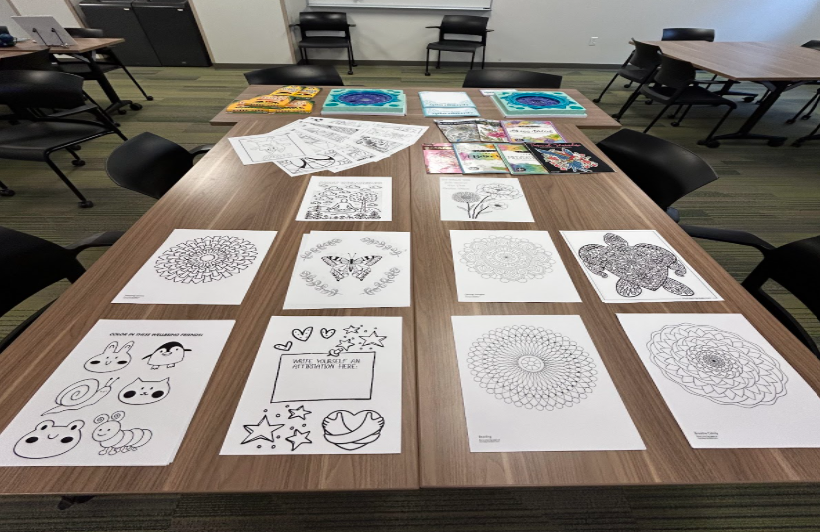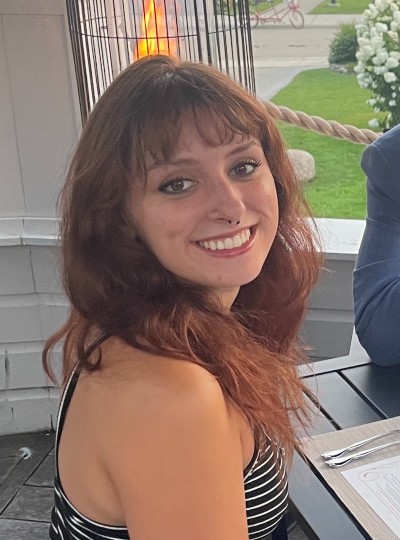After the death of a student, and the following wellness report conducted on campus, NMU embarked on a mission to reform the conversation and culture around mental health last year.
In April 2023, President Brock Tessman signed the Okanagan Charter, which acts as a guide for prioritizing student and community health. The university has continued to carry out that pledge with the opening of the NMU WellBeing Center this fall.
The WellBeing Center hosts a revamped Health Center, as well as the Counseling and Consultation Services (CCS) office. These centers are now able to work together on a collaborative basis, all under the same roof.
Dr. Christopher Kirkpatrick, Medical Director of the Health Center, stated the importance of the WellBeing Center’s new location in down campus, within close proximity to on-campus housing and Northern Lights Dining.
“[Before] the visibility wasn’t really there,” Kirkpatrick said. “[Now] there is a better focus on wellbeing and the care of students with the new renewed interest in health and wellness.”
The Health Center employs four registered nurses, who share a central workspace within a ring of eight medical rooms. The center has newly wired computer systems, utility rooms, a reworked laboratory and an accessible procedure room. The Health Center’s most outwardly noticeable addition is a sized-up pharmacy, which can now offer newer services, including a drive-thru and the filling of previously unavailable medications, such as stimulant prescriptions.
This greater accessibility for NMU students and faculty coincides with access to CCS, as well as collaboration with outside specialists.
“I’ve had patients that ended up [at the Health Center] first,” Kirkpatrick said. “And I said … ‘Well let’s walk across the hallway, the things we talked about are right here.'”
Angie Stebbins, Director of CCS, emphasized the importance of collaboration within the NMU community.
“The idea is that we can focus on holistic wellbeing and closeness to student life,” Stebbins said. “This is a way to be inclusive and to also have a lot of cooperation with the Health Center.”
The remodeling of NMU’s CCS office is a new opportunity to discuss student wellness and dismantle mental health stigmas, Stebbins said. The revamped CCS hosts a variety of support services, including individual and group counseling, as well as workshops, consultations regarding services and telehealth.
Stebbins highlighted the availability of group counseling to students, which often has a shorter waitlist than individual counseling. These sessions, available as skills groups or process groups, can provide community support for students.
“You don’t have to talk about things until you’re comfortable … [but] in a group, you’re still listening and can feel validated and supported,” Stebbins said. “Don’t knock it until you try it.”
CCS now hosts later available hours, as does the entire WellBeing Center complex. These new hours are 8 a.m. to 4 p.m. Monday-Friday and have allowed CCS the ability to offer daily walk-in appointments. Students and faculty are not limited to any number of walk-in appointments and can utilize them even if they have an established counselor or are currently on a waitlist.
Stebbins expressed a passion towards destigmatizing and “myth-busting” misconceptions about mental health, especially on NMU’s campus.
“Hopefully one day, getting help for mental health can be talked about as easily as saying, ‘I have a cold,’” Stebbins said. “It seems like a topic that more people are willing to talk about, and continuing that conversation is something we all need to do.”




























